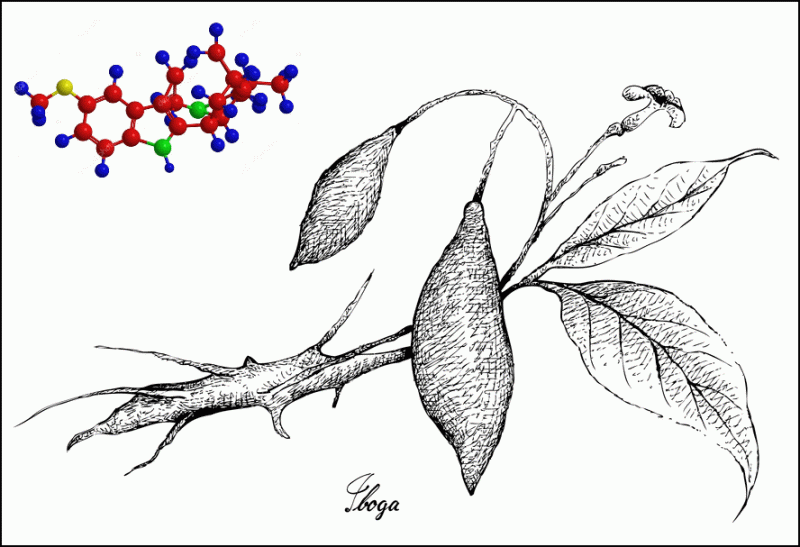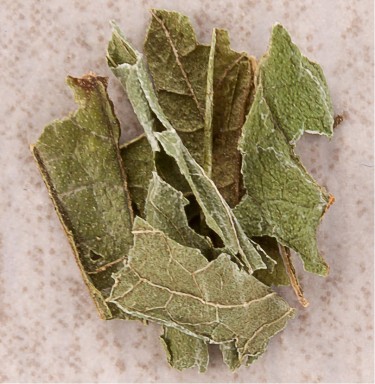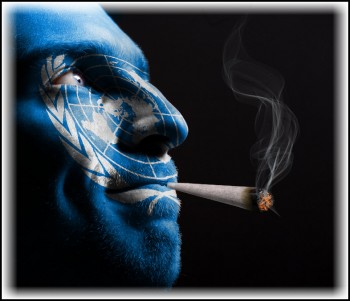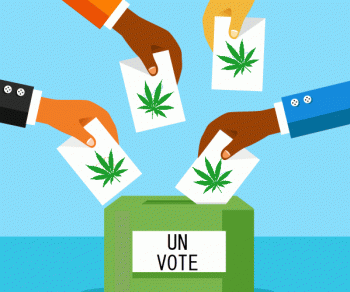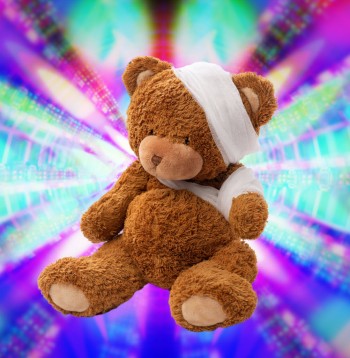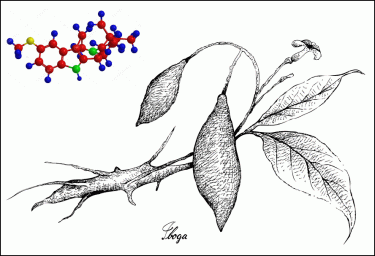
Ibogaine: A Natural Psychedelic Remedy For Traumatic Brain Injuries and Addiction Disorders?
Does Ibogaine help people with addiction disorders? Does it help treat TBI and head injuries? The government just created 14,000,000 reason to find out! But wait, what is ibogaine? Isn't that root part of the magical ayahuasca formula?
Ibogaine is one of the lesser known plant psychedelics, a substance derived from the roots of the iboga plant. The iboga plant is native to central Africa, though it’s illegal in North America except in Mexico and Canada. In the latter two countries, it’s legal to seek out ibogaine treatment.
However, the illegal status of ibogaine hasn’t stopped people from exploring its therapeutic benefits. After all, it’s been used in shamanistic ceremonies and rituals by tribes around Africa for centuries. It’s considered a highly spiritual, visionary plant medicine intended for use to transcend space and time, and communicate with the souls of ancestors. Currently, ibogaine sits on the Schedule 1 category of the Drug Enforcement Administration; in other words, it is still perceived as not having any medically accepted benefits.
That said, so is marijuana – but after several years, we’ve now proven that it’s safe and has serious medical benefits for patients. So could there be other therapeutic applications for ibogaine in today’s modern world?
A recent study conducted by researchers at Stanford in Palo Alto, California, found that ibogaine may help treat individuals with traumatic brain injuries. The findings, which were published in January 2024 in Nature Medicine, revealed that the brain and cognitive functioning impaired by external forces such as vehicle collisions and bomb explosions can be treated by ibogaine.
For the study, investigators analyzed the impact of ibogaine on US special forces veterans who were diagnosed with traumatic brain injuries, which are known occupational hazards of their job. As a result, the participants suffered from a range of neuropsychiatric symptoms. There are many different routes of treatment available, though mainstream medications often don’t work well enough for many veterans. Some of these medications are simply not strong enough, or have ill side effects. But since ibogaine’s benefits in treating addictions caught the eye of medical researchers, there has been an increase in interest to explore the drug’s other potential medical applications.
“There were a handful of veterans who had gone to this clinic in Mexico and were reporting anecdotally that they had great improvements in all kinds of areas of their lives after taking ibogaine,” explained Dr. Nolan Williams, a lead author of the study. Williams is also a Stanford Medicine associate professor specializing in behavioral sciences and psychiatry. The clinic specializing in ibogaine, in Mexico, had indeed done tremendous work in helping individuals, most especially vets, heal from traumatic brain injuries.
In a press release, he goes on to explain: “Our goal was to characterize those improvements with structured clinical and neurobiological assessments.” He and his team worked together with a foundation called VETS Inc., which is focused on psychedelic-based treatments for veterans. The 30 vets who were then selected to participate in the study suffered from extreme mental health symptoms as well as functional problems. They then worked at the Mexico ibogaine clinic. Magnesium was also given during the course of treatment, which is essential for mitigating any heart problems may be caused by ibogaine.
“These men were incredibly intelligent, high-performing individuals who experienced life-altering functional disability from TBI during their time in combat,” said Williams.
After the study, the participants reported significant decreases in symptoms just a month following ibogaine treatment. Specifically, the researchers found that the participants had 88% less PTSD symptoms, 81% less anxiety, and 87% reduction in depression symptoms. Additionally, there were no significant side effects that occurred, and there were no heart issues recorded.
“No other drug has ever been able to alleviate the functional and neuropsychiatric symptoms of traumatic brain injury,” Dr. Williams explains. “The results are dramatic, and we intend to study this compound further,” he added.
More studies on ibogaine for TBI brings hope for veterans, and just about anyone else suffering from brain injuries. It’s another potential case yet again to prove that psychedelic drugs may hold the key for treating conditions where modern medicine and pharmaceuticals have failed. Traumatic brain injuries are particularly difficult to treat because the symptoms of brain injuries can affect a huge spectrum of an individual’s physical and mental being, and it can even affect their personality.
Unfortunately, ibogaine treatment is widely available in Mexico but these are still unregulated. However, there are a few medical facilities that have already been fully accredited, so it’s always best to work with experts who know the right places to go. Miami is also one of the few places where researchers are studying ibogaine.
Ibogaine has also shown to be beneficial for treating addiction, another difficult-to-treat affliction. The opioid epidemic, which has killed almost 645,000 people from 1999-2021 alone, is still raging in North America. And ibogaine may have the potential to treat opioid addiction.
According to Bryce Pardo, PhD, MA, in an interview with Healio: “The benefits of treating opioid use disorder with ibogaine would be immense.”
“But from time to time you hear stories that, in patients with existing CVD (cardiovascular disease), it can cause death,” he said.
There are still many questions about the safety of ibogaine. This is not a drug that you can self-medicate with, unlike marijuana or psilocybin mushrooms; taking the wrong dose of ibogaine can, and has, been proven to be fatal. This is why ibogaine treatment is still such a hot topic among the medical community today. We still need much more information and research done to determine the safe dose and proper administration.

